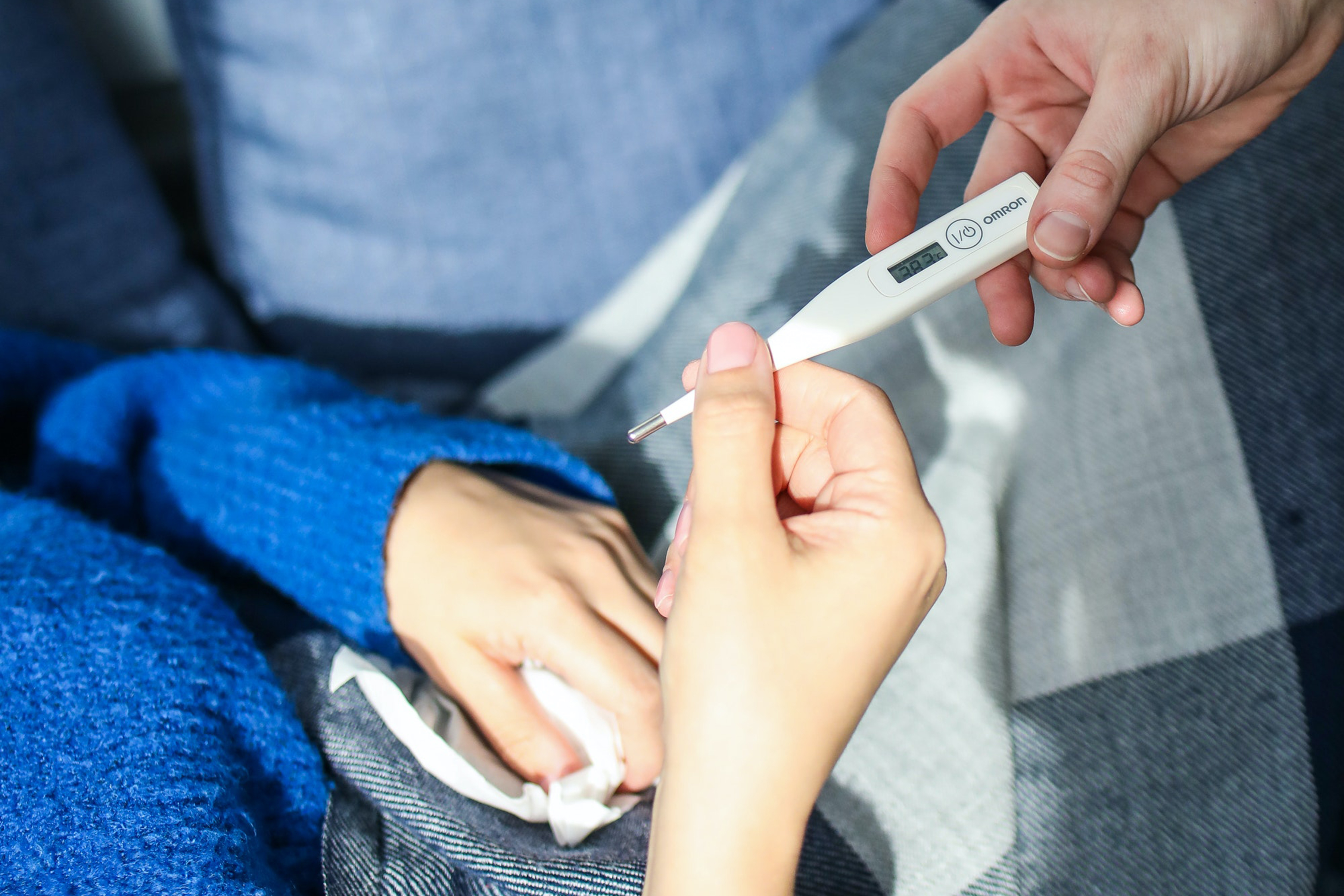
With sweater weather fast approaching, the cooler weather signals that flu season is just around the corner. The duration of this flu season can vary. However, it typically begins in November and persists well into March or even early April.
What are the symptoms of the flu?
Influenza, commonly known as the flu, is a contagious respiratory virus that affects the nose, throat and lungs. The most prevalent flu symptoms include:
- Fever
- Body aches
- Fatigue
- Upper respiratory symptoms, including a cough, congestion or sore throat
A person is considered contagious when they exhibit symptoms. However, they can transmit the flu even before symptoms become apparent.
What do I do if I start showing symptoms?
If you start experiencing flu-like symptoms, preventing the spread of illness and taking care of your health is important. Here are some steps that the University Health Center recommends you should consider:
- Isolate yourself: Stay home from work, classes and public places on campus as much as possible to prevent spreading the virus to others. You should isolate yourself until you are symptom-free for at least 24 hours without using fever-reducing medications.
- Rest and hydration: Get plenty of rest to help your body recover. Adequate sleep is crucial for healing. Likewise, drink fluids like water, herbal tea and clear broths to stay hydrated. Dehydration can worsen your symptoms.
- Over-the-counter medications: OTC medications may help alleviate some flu symptoms. Common options include acetaminophen or ibuprofen for reducing fever and pain and cough medicines for cough relief, both available at the University Health Center Pharmacy. Follow the dosing instructions on the medication label and consult a health care professional if you have any doubts or underlying health conditions.
- Consult a health care professional: If your symptoms are severe or you have underlying health conditions that the flu could exacerbate, you should contact a UHC health care provider. They can guide whether antiviral medications are necessary or if you need further medical evaluation.
- Practice good respiratory hygiene: Cover your mouth and nose with a tissue or your elbow when you cough or sneeze to prevent the spread of germs.
- Hand hygiene: Wash your hands frequently with soap and water for at least 20 seconds, especially after coughing, sneezing or touching your face.
- Wear a mask: If you need to be around others or live with others, wearing a mask can help prevent the spread of the virus to them.
- Monitor symptoms: Keep track of your symptoms and seek medical attention if they worsen or you have difficulty breathing, persistent chest pain, confusion, bluish lips or face or other severe symptoms.
- Follow health care guidance: If you test positive for the flu, follow any guidance or treatment recommendations provided by your health care provider.
- Prevention for others: Inform close contacts, especially those at higher risk (e.g., elderly individuals or people with chronic conditions), that you have the flu so they can take necessary precautions.
Remember that the flu can be contagious, so taking these steps helps you recover and protect others from getting sick. If your symptoms are severe or you have concerns about your health, don't hesitate to seek medical advice. Additionally, getting an annual flu vaccine can significantly reduce your risk of getting the flu in the first place.
What about the flu vaccine?
Each year, flu vaccines are developed based on predictions concerning the flu strains likely to circulate in the upcoming flu season. While these vaccines are highly effective, they are not always an exact match.
Complete protection is achieved two weeks after vaccination. Receiving the vaccine diminishes the likelihood of contracting the flu, reduces symptom severity, and minimizes the risk of transmitting the virus to others.
The University Health Center offers free flu shot clinics for students, and flu shot appointments are available for UNL students and faculty members. Find more information here - Flu Shots | University Health Center (unl.edu).